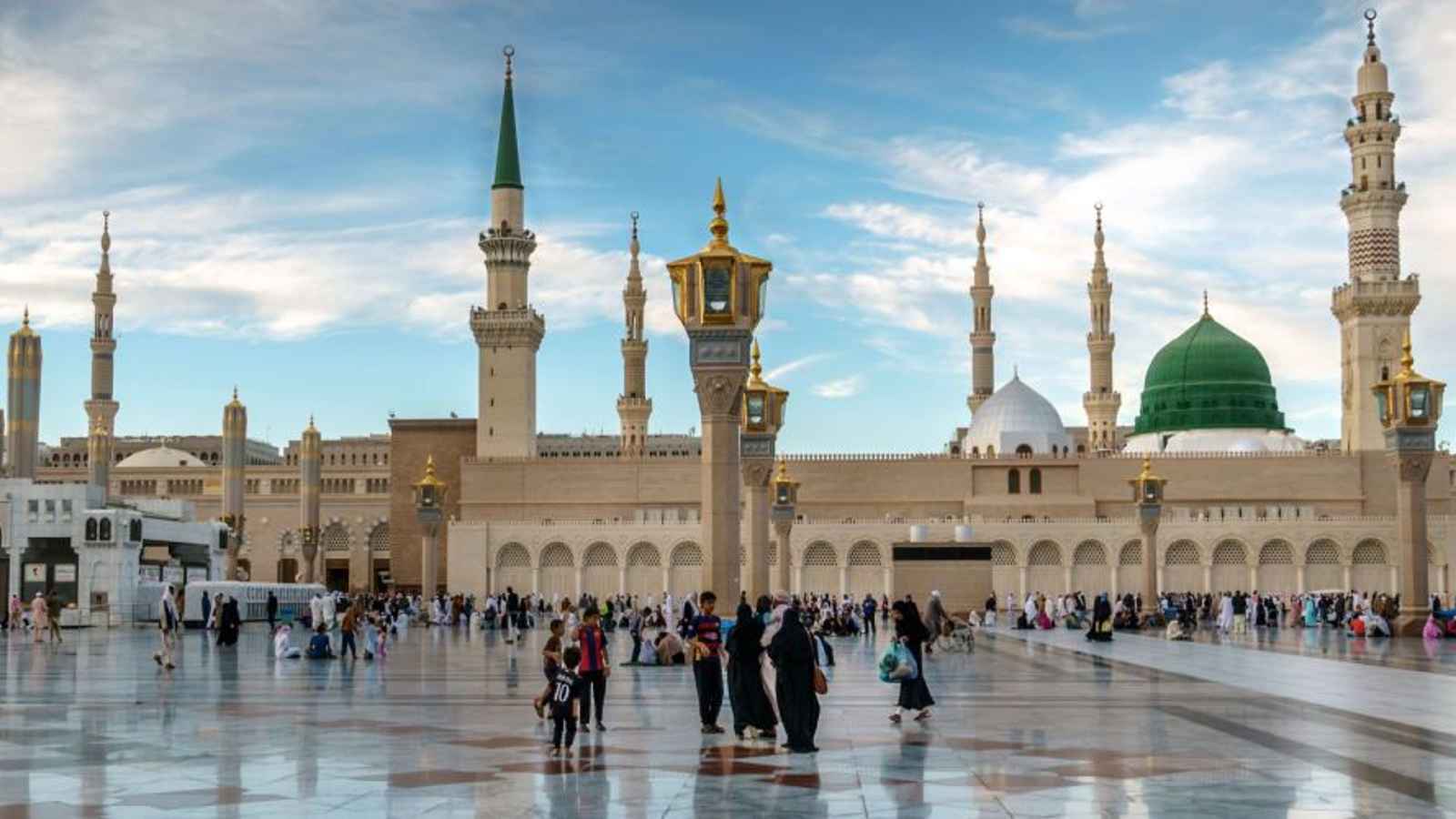Muslims celebrate Milad an-Nabi, also known as Mawlid, as the birthday of the Prophet Muhammad. Even though the Muslim religion does not typically commemorate birthdays, as there is no evidence of the Prophet doing so, the Prophet’s accepted birthdate was celebrated early in Islam’s history and is now a national holiday in many Muslim nations.
The background of Milad an-Nabi (Mawlid)
Mawlid, derived from the Arabic word for “to give birth,” now refers to both the Prophet’s birthday and the text recited during the day’s festivities. Even though Muhammad’s birthday is contested, many Muslims celebrate it.
Milad an-Nabi commemorates the birthday of the Prophet Muhammad and is observed in the majority of Muslim countries as well as others with significant Muslim populations, such as India. This holiday occurs during the third month of the Islamic calendar, and its origins may date back to the eighth century.
Milad an-Nabi celebrations grew in popularity during the eleventh century, when it became the first official Egyptian holiday. During this time, only Shia Muslims, who were the dominant tribe in the region, were permitted to observe the festival, and the celebrations were not open to the general public. Countries besides Egypt, such as Syria, Morocco, Turkey, and Spain, began celebrating Milad an-Nabi in the 12th century. Soon thereafter, Sunni Muslims also began to celebrate.
In ancient times, the celebration was carried out very differently than it is today. As the celebration was initiated by the leading clan in Egypt in the eleventh century, they played an essential role in the festivities. The day began with people offering prayers. Following this, members of the governing clan delivered speeches and Quranic verses were recited. The celebrations would culminate with a large public meal. Sufi practices, such as animal sacrifices, public discourses, and torchlight processions at dusk, had a significant impact on the evolution of practices over time.
Muslims in various locations celebrate Mawlid in different manners. In Pakistan, the holiday emphasizes national pride with ceremonies at national monuments and the raising of the national flag. In other locations, the holiday takes on a carnival-like atmosphere. Some Muslims choose to exchange gifts or donate to the needy, and they congregate at mosques to pray. In contrast to other holidays that are celebrated privately, Mawlid is a public display of reverence and celebration for the Prophet.
National Dumpling Day 2023: Date, History, Facts, Events
National Key Lime Pie Day 2023: Date, History, Facts, Activities
Shamu the Whale Day 2023: Date, History, Facts about Orcas
5 FACTS ABOUT MILAD AN-NABI
Muhammad, who was born into a noble family, lost both parents at a young age and was raised by an uncle, working as a shepherd to support his family.
At the age of 25, the Prophet’s wife Khadijah, a 40-year-old businesswoman who revered his integrity, proposed to him. They were married for twenty-five years until her passing.
According to some accounts, the Prophet was fond of dogs and cats and did not mind praying with them in the mosque when they ventured into Medina.
The Prophet urged his followers to practice excellent hygiene and frequently wash their hands, a practice that did not become widespread in Europe until well after the Middle Ages.
When the Prophet Muhammad learned of the corruption in Mecca, he advocated for reform and economic justice.
Eid Milad un Nabi Quotes, Messages and Wishes
MILAD AN-NABI (MAWLID) DATES
| Year | Date | Day |
|---|---|---|
| 2021 | October 19 | Tuesday |
| 2022 | October 8 | Saturday |
| 2023 | September 27 | Wednesday |
| 2024 | September 16 | Monday |
| 2025 | September 5 | Friday |




